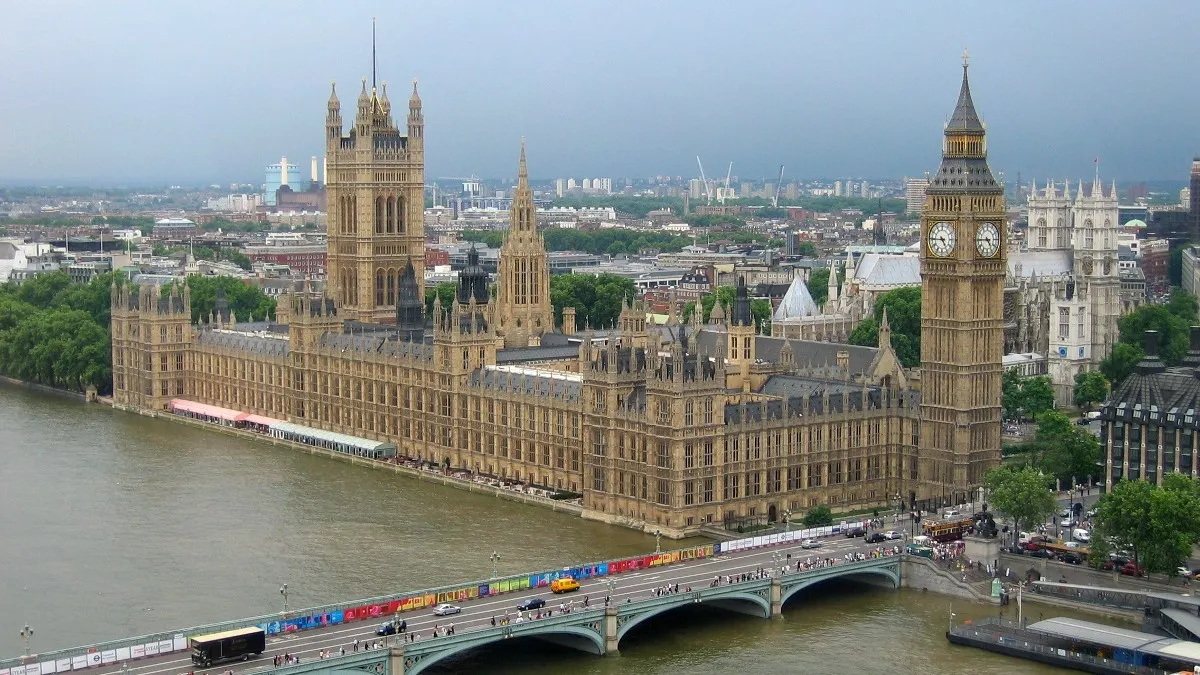
UK’s leading animal welfare and vet groups call for urgent end to breed-specific legislation
The UK’s leading animal welfare and veterinary organisations have joined forces to urge the government to repeal breed-specific legislation (BSL) and introduce measures to protect the public better.
Battersea, Blue Cross, British Veterinary Association (BVA), Dogs Trust, The Kennel Club, RSPCA and Scottish SPCA have all teamed up as the Dog Control Coalition to throw their weight behind the #EndBSL campaign.
The UK’s biggest welfare and veterinary organisations are calling for urgent change to one part of the Dangerous Dogs Act, which labels certain types of dogs as dangerous purely based on their looks.
They want BSL repealed and replaced with legislation that better protects public safety and dog welfare and allows better education to keep people safe around dogs, while allowing early intervention to help dogs with behavioural concerns.
RSPCA #EndBSL campaign manager, Shelley Phillips, said: “We shouldn’t judge a book by its cover; but that’s what BSL does. It says that dogs who look a certain way are more likely to be aggressive or dangerous than other dogs. This is completely unfair and untrue, and also lulls the public into a false sense of security that only certain types of dogs can bite.
“There’s no robust scientific evidence to suggest that these types of dogs are more dangerous, more likely to use aggression or have a unique bite style that could cause more serious harm, than any other type of dog.
“We need to move away from outdated, ineffective legislation that sentences dogs to death because they happen to look a certain way, and we need to focus on helping dog owners be responsible, providing support to dogs who have shown early signs of behavioural difficulties, and educating the public on how to safely interact with dogs. These dogs don’t deserve to die.”
The coalition says BSL was introduced in a bid to crackdown on the number of dog attacks in the UK, but NHS data shows that the number of hospital admissions due to dog-related injuries has increased since it was introduced. In the past 10 years alone, the number of admissions rose 30% from 6,640 to 8,655.
Battersea chief executive Peter Laurie said: “We have long been calling for a complete overhaul of the law around banned breeds. For 31 years this ineffective legislation has unfairly punished thousands of innocent dogs and ultimately failed to protect the public. We are urging the government to review this legislation and make it fairer and more effective for humans and dogs alike.”
Dogs Trust Chief Executive, Owen Sharp, added: “We believe in ‘deed-not-breed’; dogs should not be judged on what they look like and should have the chance to live a happy life, free from the threat of unnecessary destruction.”
The coalition is also urgently calling on the government to change the law with regards to the rehoming of typed dogs – as recommended by the EFRA Committee to avoid the unnecessary euthanasia of happy, friendly dogs.
Dr Ed Hayes, head of public affairs at The Kennel Club, said: “Any dog can be a wonderful pet if trained and socialised properly, and demonising certain types of dogs is not only unfair, it is also dangerous. Breed specific legislation has failed to reduce the number of dog bite incidents, and has only served to make certain breeds of dogs more desirable to the wrong types of people, proving that action should instead focus on prevention and ‘deed not breed’.”
Scottish SPCA chief superintendent, Mike Flynn, added: “While we fully support legislation to protect the public, we believe any breed of dog can be potentially out of control and dangerous in the wrong hands. We’d like to see a bigger focus on legislation that ensures responsible dog ownership rather than punishing individual dogs for the way they look if they haven’t harmed anyone.”
British Veterinary Association president Justine Shotton said: “A complete overhaul of the 1991 Dangerous Dogs Act is urgently needed. Blanket targeting of specific breeds rather than tackling the root causes of why dogs act in an aggressive way gives a false and dangerous impression that dogs not on the banned list are ‘safe’ – this fails to properly protect the public or safeguard dog welfare.”






2 Comments
Pingback:
Pingback: